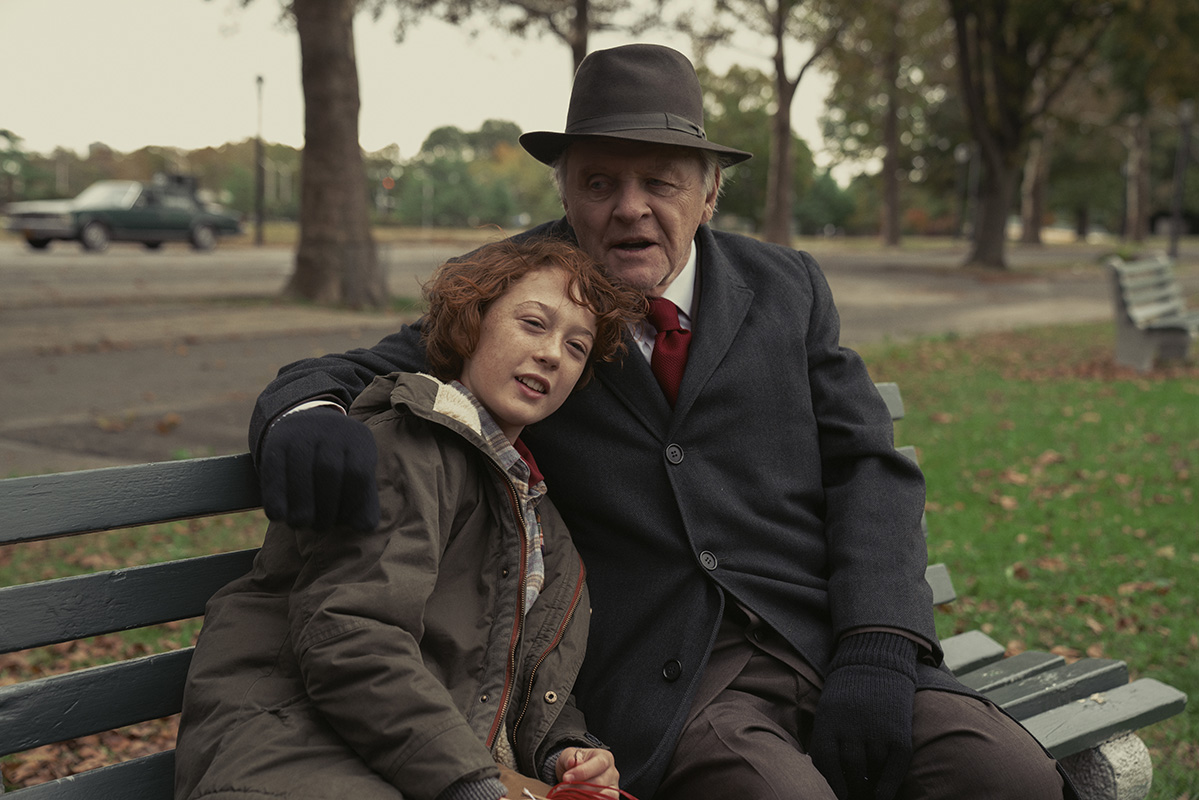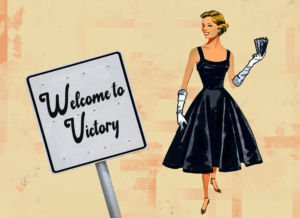“Never, ever forget the past because you may never know when they’ll come looking for you,” Aaron Rabinowitz (Anthony Hopkins) says to his grandson Paul Graff (Banks Repeta) in Armageddon Time (2022). James Gray’s latest coming-of-age story draws inspiration from his childhood growing up in 1980s Queens. Paul Graff is his self-insert, his childhood self projected onto a screen. In this semi-autobiographical film, Gray attempts to show the power, privilege, and advantages of being white in America.
Despite engaging with such serious issues, the film also does a fantastic job of accurately portraying what it means to be a blissfully ignorant child. Paul has an almost childish view of the world throughout the film, from his lack of awareness of his family’s financial situation—calling himself “rich” just because his mother is president of the Parent-Teacher Association—to his failed attempt at running away to live in another state entirely.
The sixth-grade classroom at Paul’s public school sets the tone for the film. We are introduced to Paul as an entertainer through both his jokes and his artwork. He attempts to make the classroom laugh in Mr. Turkeltaub’s (Andrew Polk) class. So does fellow student Johnny Davis (Jaylin Webb)—the only Black kid in the class. Even from the opening scene, the concept of privilege is obvious and starkly presented to the audience. There is no subtlety to Mr. Turkeltaub’s blatant discrimination and disdain for him.
Johnny Davis serves as a contrast to Paul, living a life at the opposite end of the table—where privilege is absent. Despite not even being the one who disrupted the class, Mr. Turkeltaub designates him as the offender rather than the person who actually committed the offense. Moreover, Paul lets Johnny take the fall and thus unknowingly uses the privilege he has to evade responsibility.
Paul is free-spirited and a loose cannon. He breaks rules, and none of his family members seem to understand him, apart from his grandfather Aaron Rabinowitz (Anthony Hopkins). As the biggest influence in Paul’s life, he is the only one who encourages and believes in his ability to achieve his dream of becoming an artist.
His grandfather’s awareness of social justice issues allows him to be a major motivating force in Paul’s life while acting as his moral compass, making Paul more socially conscious. He is a person who never looks down on people, regardless of their social status. His experiences as an immigrant Jew living in Protestant America whose family survived the Russian pogroms shape his attitude towards those who are considered inferior in society. Aaron was the only person on Paul’s mother’s side of the family who did not look down on Paul’s father, Irving Graff (Jeremy Strong), who was the son of a plumber. He emphasizes to Paul to “remember the past” as a way for Paul to recognize where his family once came from and to not look down on those who don’t have his level of privilege.
The film opens with the song “Armagideon Time” by The Clash played with the lyrics on the screen before you see the classroom. The lyrics serve as a call to action and highlight the existence of inequality. The lyrics—“A lot of people ain’t got no supper tonight / A lot of people gonna have to stand up and fight”—symbolize what Paul’s grandfather stands for and the overarching theme of the film. As Paul moves from his public school to a more preppy private school, called Forest Manor, he begins to witness the true power and privilege of whiteness in the U.S. He gets a raw, band-aid-ripping eye-opener of the realities of living in a society that preaches equality but is infested with inequality.
And what happens to Paul’s ideals when he is confronted with this inequality? He fails, at first, just like many others.
When Johnny visits and speaks with Paul during recess at his new school he is aloof, and as other white boys on the playground walk over, he shuns him. The scene is tense as they walk over, and the score underscores this feeling as gloomy, low-strumming music begins to play in the background. They then use the n-word around Paul casually and in disbelief that he could have ever interacted with “one.” You can feel the hesitation and nervousness in his voice as he says nothing and then denies knowing Davis in order to fit in.
The scene is ridiculous and highlights that even a few decades after the Civil Rights Movement, people will still have an inherent hatred against minorities no matter how much progress has been made.
And yet, despite this, his grandfather is there to help him correct his mistakes. He tells Paul to “be a mensch”—Yiddish slang meaning to “be a friend or supporter in tough times.” He continues, telling Paul that “they never had your advantage.” He wants Paul, and the audience, to understand the privileges that being white has in the United States and to use that for the betterment of others rather than for selfish gains.
The film’s somber score and soundtrack help to convey the overall mood of the film, especially in the more serious scenes like at the police station where Paul gets away with a crime that his Black friend Johnny is not able to. As a child, Paul makes mistakes and does not do what is correct perfectly, but unlike Gray, he still has the opportunity to correct them. Armageddon Time not only serves to inform its audience about the still widespread prevalence of inequality, but also to give hope that youth who will shape the world in the future have the chance and be the ones that will fight for justice and challenge the status quo.
Beyond just the film score, the beautiful cinematography also serves to display the mood of the film. In every scene, the camera pans to the actors’ faces to show the rawness of their emotions. This cinematography style works especially well for the children, as they more readily betray their true emotions through their facial expressions. The anguish, nervousness, and fear Paul feels are conveyed in every scene, through these facial expressions, to the audience in order to understand how he processes different emotions.
In the film’s final act, Paul’s emotions are in full display as he begins to feel that he does not fit in with this private school he was forced to attend. He walks away in the middle of the Thanksgiving party at this school, realizing that he does not fit with the status quo. This ending serves as Paul’s silent protest against the injustices in society and trying to forge a path for himself as he realizes he will not fit in with the bigoted, wealthy students at his private school.
He finally understands the meaning of his grandfather’s words, especially what it means to remember the past.





